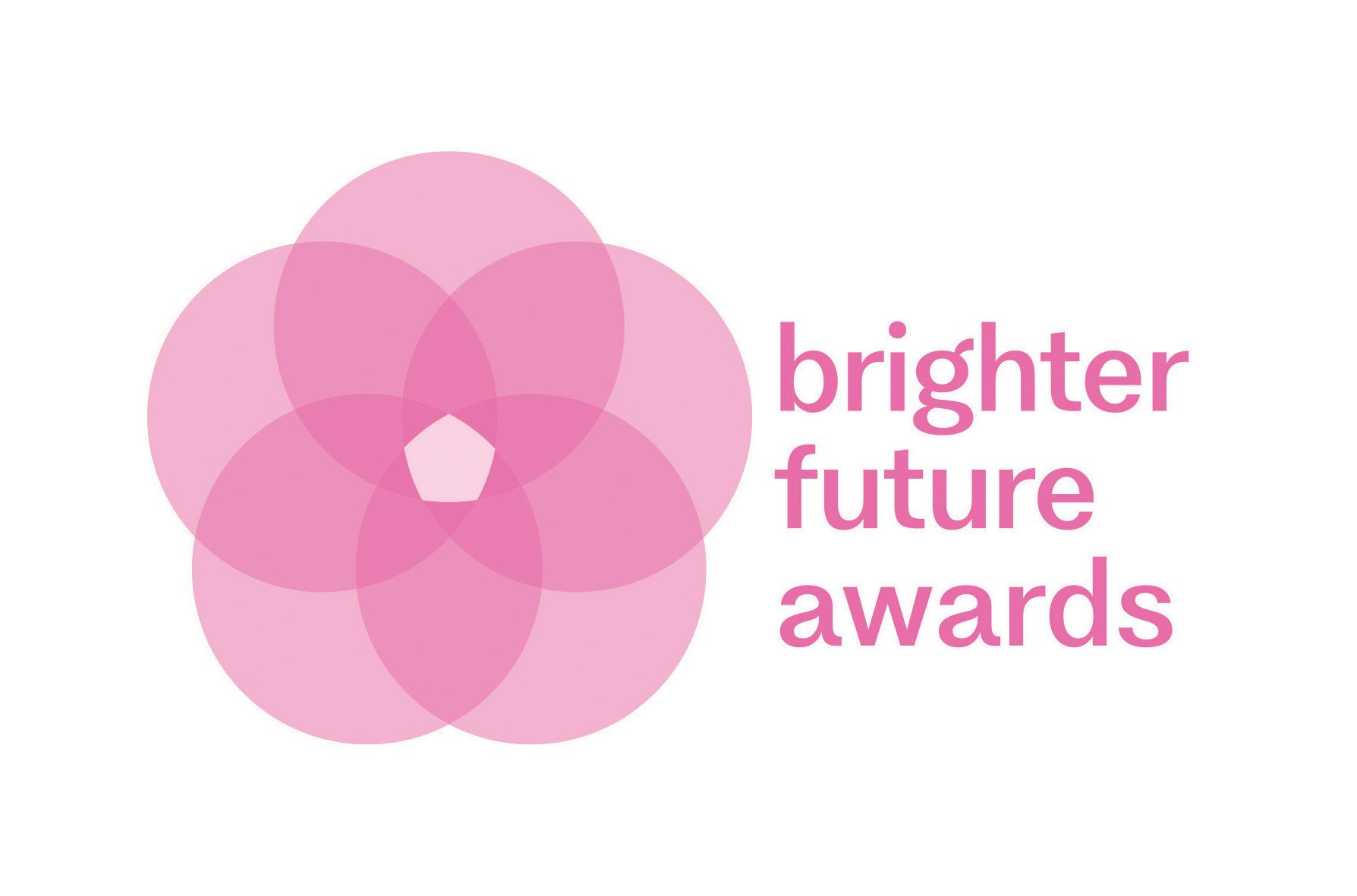Most of us appreciate the opportunity to switch off at the end of the day and leave the cares of the workplace behind. In fact, that's often our opportunity to disconnect as part of a meaningful work-life balance. But that isn’t the case for Jayden Battey; the winner of the ahi: Brighter Future 2023 Future Leader Award.
As well as his 'day' role as communications manager for Servants Community Housing, Jayden Battey — along with his wife, Mikyla — lives in-house as manager at the organisation’s Hamer House property in the Melbourne suburb of Kew. It’s a role they first assumed back in June 2020 at the height of COVID restrictions in Victoria, and one in which they’ve found professional, spiritual and emotional rewards.
“It was a situation where Servants needed some people pretty much overnight,” Jayden explains. “And I think, for us both, we'd been talking about how we were living, and we'd been thinking about homelessness and housing issues a bit more broadly, particularly within lockdowns, and how people on the fringes of society might be experiencing that. So, it came at a great time for us in our life.”
"This is an organisation that I really believe in."
For this ahi: Future Leader Award recipient, the move into the community and social housing space wasn’t a planned one: “I didn't set out specifically to work at Servants but, once we set a first step in, there was a real synergy. This is an organisation that I really believe in.”
“Everyone's got different criteria for what helps them decide if they're going to take a job or just study or whatever but, for me, there's one question that is always my go-to question. It’s probably the thing that I care most about in my work, and it is: How do we structure communities where people get to experience a sense of true wellbeing?”
“So, to some degree,” he continues, “I don't care too much which sector I work in. It could be education, it could be health, but I think housing is special, because at the very base level of that hierarchy, if you don't have a place to belong then it's incredibly difficult to have a sense of community wellbeing or individual wellbeing.”
"It's a different relational dynamic to have people who live with you because they care about you, and they care about how you grow."
“It's a different relational dynamic to have people who live with you because they care about you, and they care about how you grow. There's a different power dynamic in that relationship, and that's important,” he highlights about the satisfaction he gets from his live-in manager role.
“It means something when they know that someone's not just there because they're paid to be there from nine-to-five or from eight-to-four, or for this hour-long session — those things are all important and good — but it's a different challenge to meet that sense of emotional belonging, and that emotional wellbeing that helps you to connect and engage fully in your community. So yeah, it's great to be part of, and of course, we learn as much from the residents as they learn from us. It's a ‘both-ways’ situation.”
Nominated for the award by Servants CEO, Amanda Donohoe, Jayden admits to being “stoked” to be held in such esteem by someone with the kind of longevity in the industry, and respect among her peers, of Amanda: “Amanda cares about her team and has been a great support. I think it’s great to see the team recognised in that. It was a lovely thing for her to do, and I really appreciated it.”
Awards night was full of highlights for Jayden, particularly with Servants and a number of his colleagues among the nominees in a number of categories. But, having some of the tenants alongside him when his name was read out was one of the most noteworthy highlights for him.
“The great joy is a lot of this is not just Servants-based, but that there's a hub for mutual transformation with our residents and acknowledging that social housing residents have something really valuable to add to our community,” he continues. “And so, our residents are really important partners because they make hugely valuable contributions to our community, both broadly, but also individually with myself as well. I think it was cool to be able to celebrate that with them. It was super humbling, and it was a really lovely recognition.”
Jayden says he believes awards like the ahi: Future Leader Award, and the Brighter Future Awards generally speaking, are a potent springboard for advancing the cause of housing.
"Government needs to see that there are high quality people working within the sector."
“Government needs to see that there are high quality people working within the sector,” he observes. “And I think it's so important within the sector that we're able to build great relationships with people at all levels of government, because housing really is an all-levels issue.”
When asked what leadership means to Jayden, he puts forward a considered and insightful response, citing a philosophy that he focuses on in his professional life: "Moving forward with people in the wisest way I can, in the smartest way possible for a world to experience true wellbeing."
“Moving forward,” he further explains, “is about having some momentum, like that courage, tenacity, the grit or the determination part that is focussed on going somewhere.”
When it comes to the ‘people’ part of his philosophy, he clarifies that it's related to generosity, inclusivity and “ensuring we’re facilitating wellbeing and connection".
He describes ‘in the wisest way I can’ as “being curious, thoughtful to all around us”, and ‘in the smartest way possible’ as “being effective and efficient, strategic and intentional — making sure we're not just wandering through the desert.”
“And then, I guess, for 'a world that experiences its true wellbeing’ is that sense of community peace, where community peace is not just the absence of bad things but the inclusion of good things in people's lives, adding value.”
“For me, this is my goalpost, or the mantra that helps when I think about my leadership,” he concludes. “We talk about things like creativity or humility or integrity, or faithfulness and consistency, dependency, loyalty, this sort of stuff. But how easy is it to live life and then not be thinking consciously about the way that your small actions or your everyday conversations actually align with those big picture values?”
“I think a great leader helps people, in a really positive way, live more in line with values that are essential to who they are.”
With the award under his belt, what’s next for Jayden?
“I don't know, mate,” he says instantly and with a chuckle. “I care about the sector, and my hope is that we get to play a role in helping shape the way our sector evolves over time.”
“The award's lovely, but you just, kind of, get back to work. You keep walking the walk and see where things lead."
Read Jayden's 2022 article with ABC News about his live-in manager role with Servants.
Share This Article
Other articles you may like










